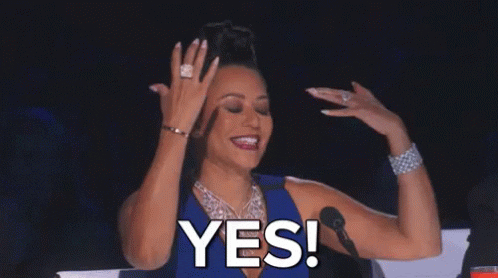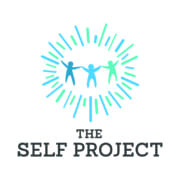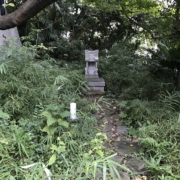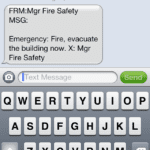Tips for Parents and Educators: “The Complex Yes”
Practicing the Complex Yes
When you disagree with a friend,
a stranger, or a foe, how do you
reply but not say simply No?
For No can stop the conversation
or turn it into argument or worse –
the conversation that must go on, as a river
must, a friendship, a troubled nation.
So may we practice the repertoire
of complex yes:
Yes, and in what you say I see…
Yes, and at the same time…
Yes, and what if…?
Yes, I hear you, and how…?
Yes, and there’s an old story…
Yes, and as the old song goes…
Yes, and as a child told me once…
Yes. Yes, tell me more. I want to understand…
and then I want to tell you how it is for me….
Kim Stafford
As parents and educators, when we are trying to create and maintain strong, trusting relationships with adolescents, there are times when we need to distance ourselves from our role as “teacher” or “mentor” and become simply listeners. This is where the “complex Yes” comes in, and I believe that it is the second to last line of this poem that is the most effective approach.
Yes. Yes, tell me more. I want to understand…
This approach signals to the student or child that we are not interested in convincing them of anything, diminishing the importance of their ideas or thoughts or feelings, or proving them wrong. It is a message that we are curious, that we are on equal footing, or maybe even that roles have reversed for a bit and they are invited to become our teachers, to introduce us to something we may not have considered before, to a new perspective. This is an incredibly powerful and simple way to build confidence in teens and let them practice with their own unique voice and it opens the door to a richer relationship. It isn’t easy to break ourselves of the habit to correct or guide or offer our opinion, but with practice, I think you’ll see the value of it – both for your connection with the other person and in their own growth and development.








Leave a Reply
Want to join the discussion?Feel free to contribute!